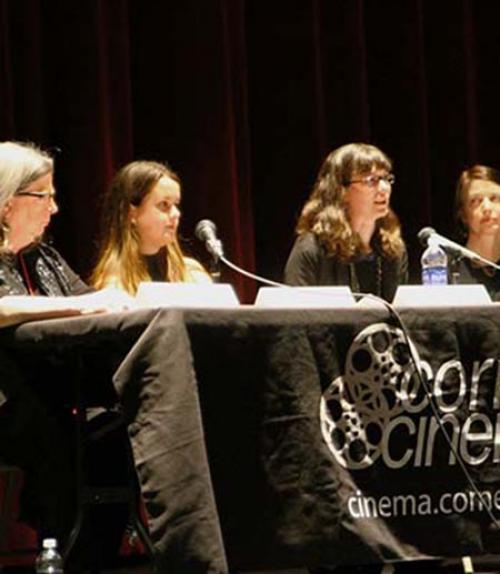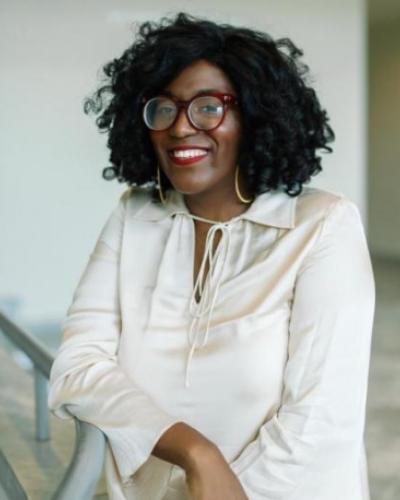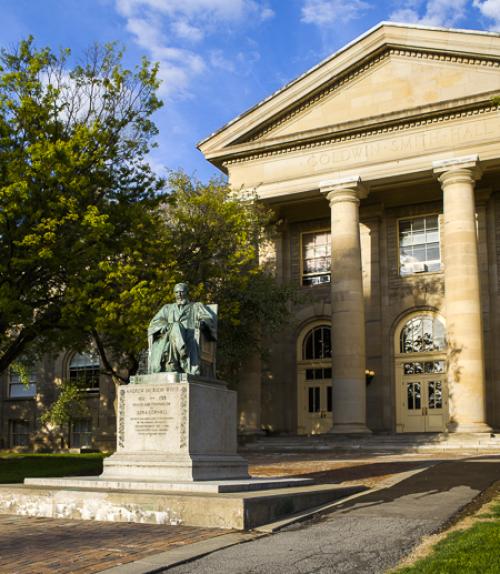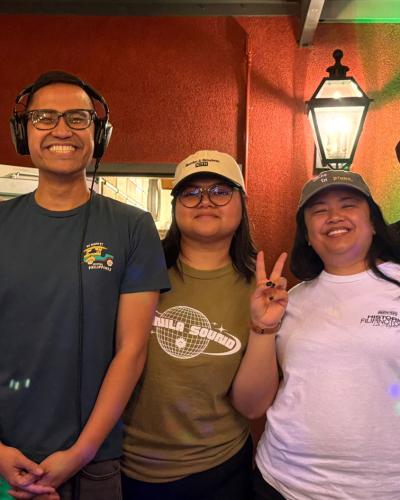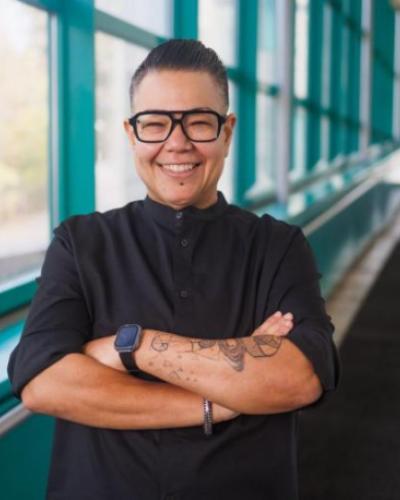 Department Homepage
The College of Arts & Sciences
Department Homepage
The College of Arts & Sciences
PCCW symposium features women in the arts
The President's Council of Cornell Women (PCCW) held a symposium centered on the arts, in Ithaca, March 4 to 6, and offered free events for the public.
